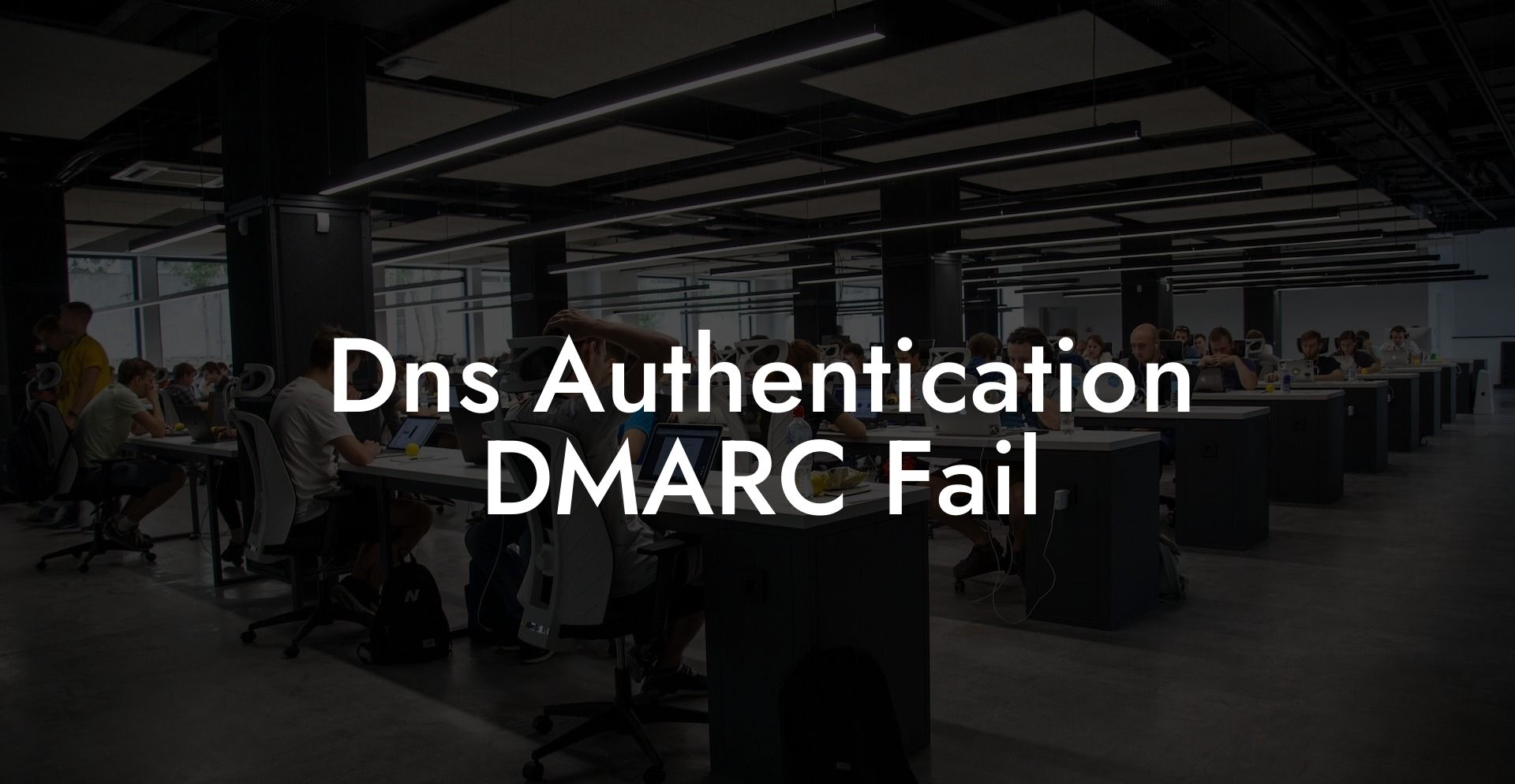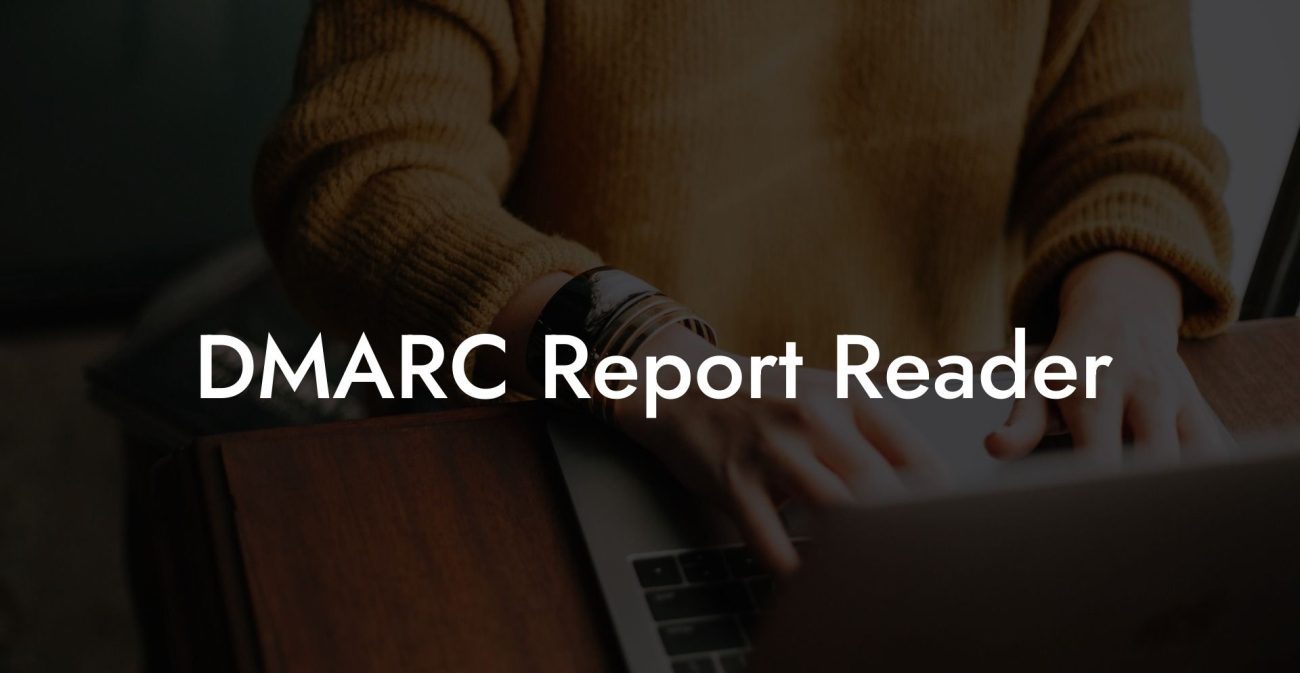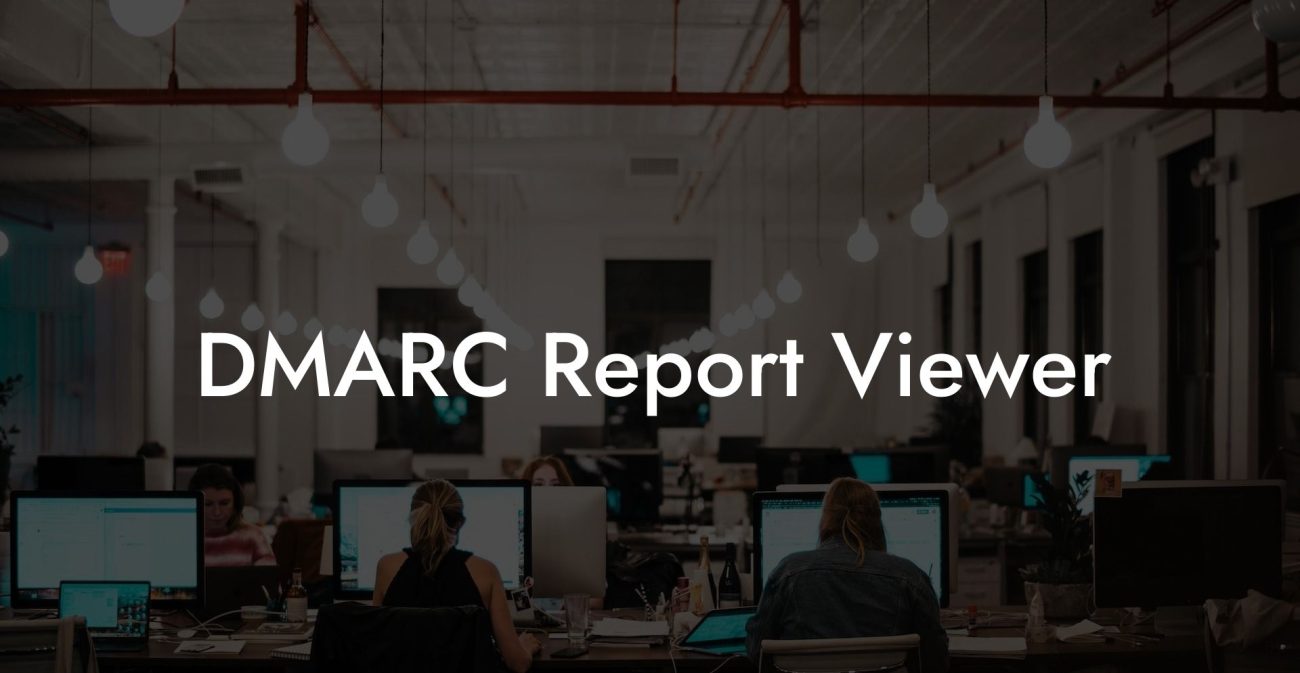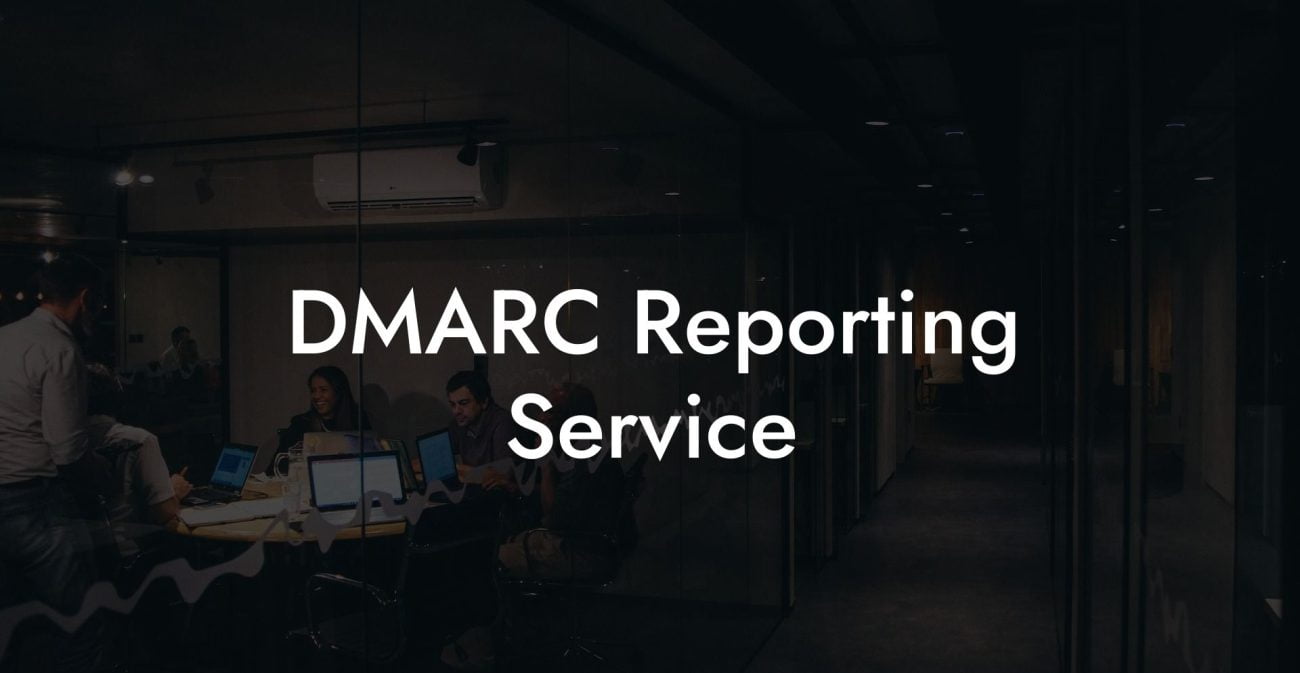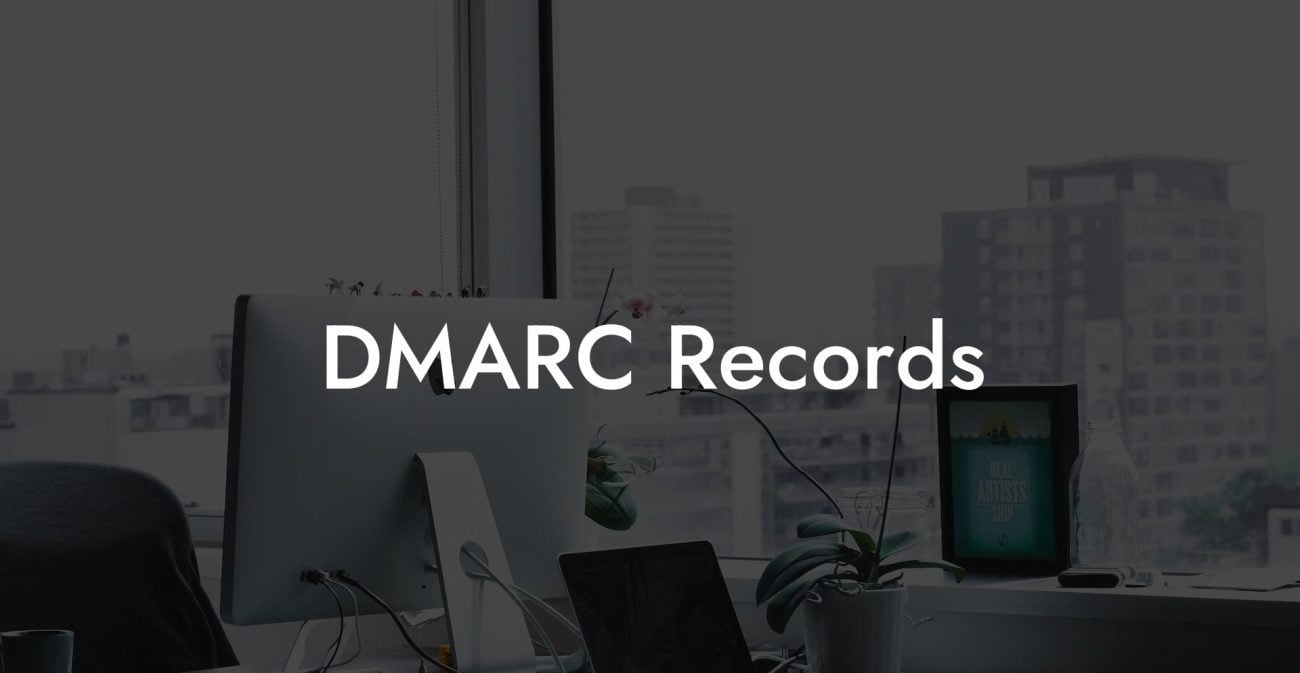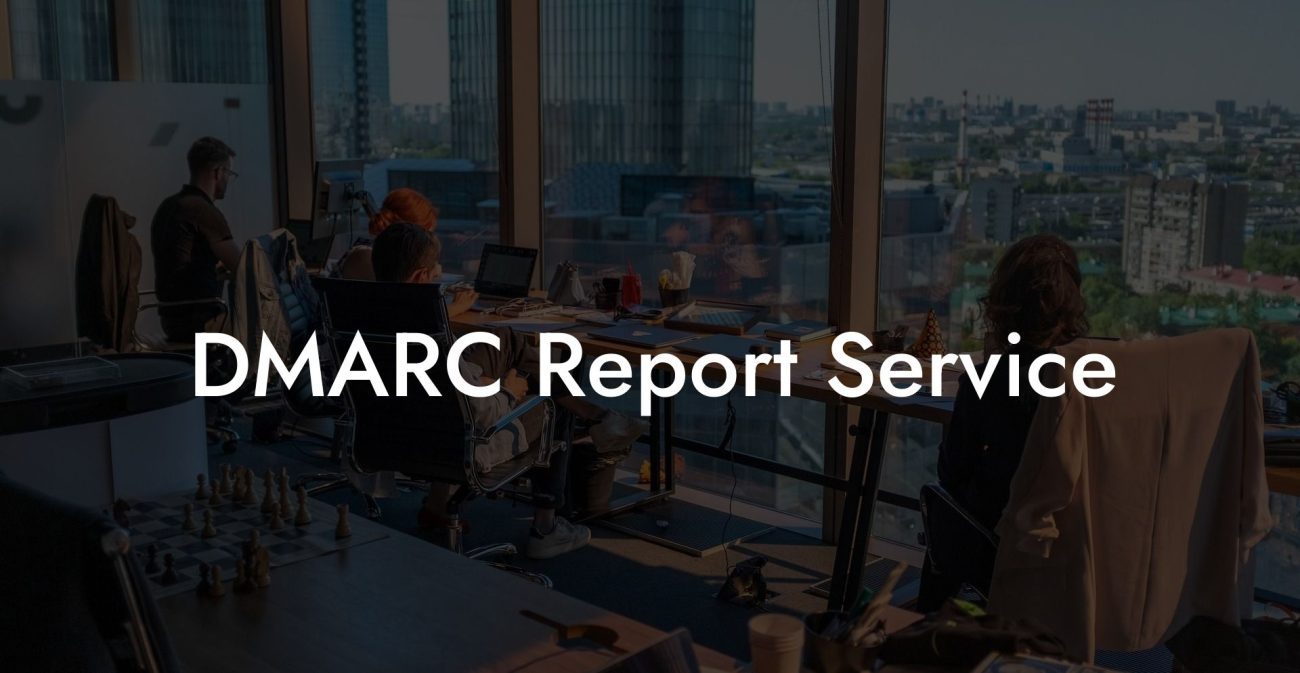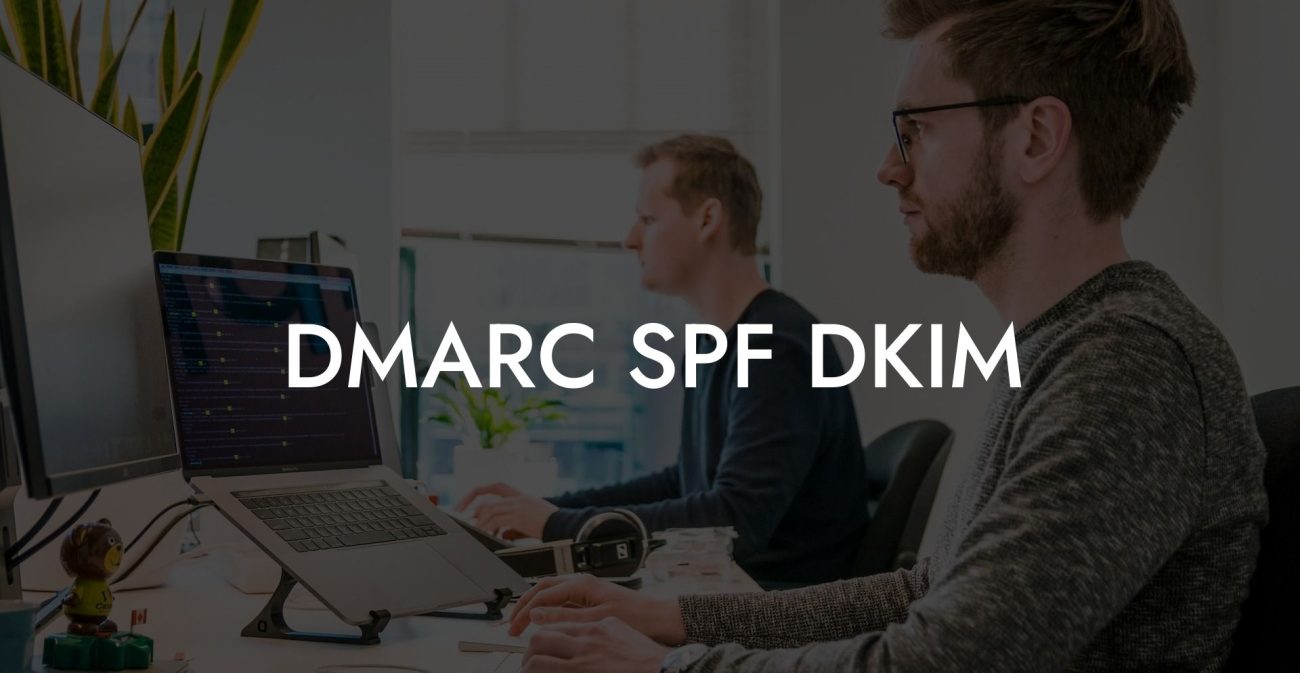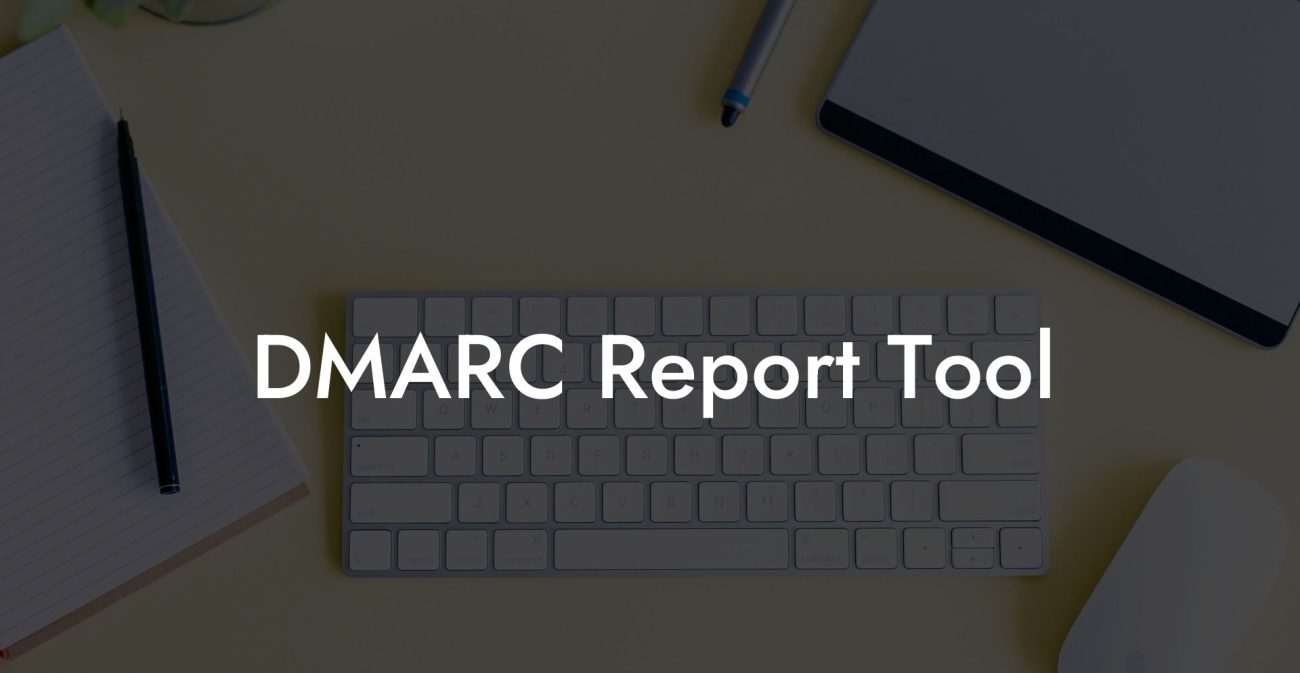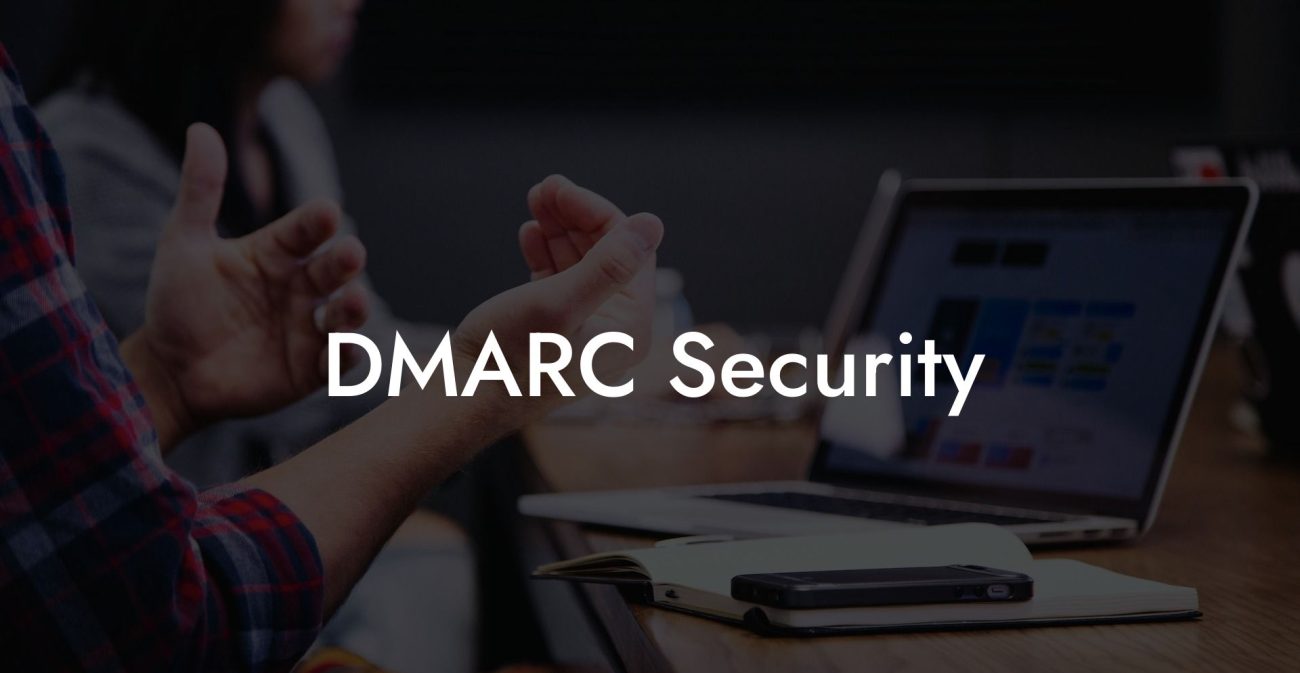Are you concerned about the security of your online business? Are you aware of DNS authentication and the role it plays in protecting your email communications? DNS authentication is a crucial component in the fight against phishing and email spoofing. In this article, we will take a deep dive into DMARC, one of the essential email authentication protocols, and understand why it might fail. Let's explore the world of DNS authentication and learn how to make our online communications more secure.
Dns Authentication DMARC Fail Table of Contents
Understanding DNS Authentication
DNS Authentication is a method by which email service providers (ESPs) verify that an email is coming from a legitimate source. It uses methods like SPF (Sender Policy Framework), DKIM (DomainKeys Identified Mail), and DMARC (Domain-based Message Authentication, Reporting and Conformance) to authenticate emails and confirm their legitimacy.
What is DMARC?
Protect Your Data Today With a Secure Password Manager. Our Top Password Managers:
DMARC is an email authentication protocol that works by combining the verification functions of SPF and DKIM. It allows domain owners to specify how incoming email should be handled if it fails SPF and DKIM checks. It also provides reporting to domain owners, giving them insight into email traffic and any potential spoofing attempts. By making this data available, DMARC empowers domain owners to take control of their email security and prevent unauthorized use of their domain.
Why DMARC is essential
DMARC ensures that only authorized senders can use your domain to send emails. It also provides a way for recipients to determine if an email is genuine or not. This helps protect your brand and customers from phishing and spoofing attacks, and it improves your email deliverability.
- Protects your brand and customers
- Reduces spoofing and phishing attacks
- Improves email deliverability and opens rates
Reasons for DMARC Failures
Despite being an effective email authentication tool, DMARC can sometimes fail. When a DMARC check fails, it means that the email was not verified by SPF or DKIM, resulting in the email being potentially quarantined or rejected. There are a few possible reasons for a DMARC failure:
Incorrect SPF record
An SPF record is a type of DNS entry that lists authorized email servers that can send an email on behalf of your domain. If the SPF record is misconfigured or missing, the email may fail DMARC validation. It's essential to ensure that your SPF record is accurate and up-to-date to prevent DMARC failures.
Invalid DKIM Signature
DKIM is another email authentication protocol that uses private and public keys to sign and verify email messages. If the private key used to sign the email doesn't match the public key in your domain's DNS records, the DKIM check will fail, causing a DMARC failure.
Domain alignment
DMARC relies on domain alignment to ensure that the email's sender domain matches both the SPF and DKIM authenticated domains. If alignment is not achieved, DMARC checks will fail even if SPF and DKIM validation passes. Proper configuration of your domains is essential to avoiding domain alignment failures.
Dns Authentication DMARC Fail Example:
Let's consider a scenario in which an organization's SPF record is misconfigured.
- SPF Record: "v=spf1 include:example.com -all"
In this case, the email server for domain example.com is authorized to send emails on behalf of the organization. However, if the organization uses multiple third-party email services, the SPF record will not cover them. As a result, any email traffic from these services will fail DMARC checks, potentially leading to email deliverability issues.
To fix this, the company must update its SPF record to include all authorized email servers:
- Corrected SPF Record: "v=spf1 include:example.com include:thirdpartyservice.com -all"
Understanding DNS authentication, particularly DMARC, is essential for businesses seeking to protect their brand and customers from fraudulent email attacks. By maintaining accurate SPF records, valid DKIM signatures, and domain alignment, you can help prevent failures in DMARC checks and strengthen your email security. Share this guide with others to help them gain a foothold in the world of DNS authentication and security. Don't forget to explore other guides on Voice Phishing to expand your knowledge even further and make your online presence more secure!
Protect Your Data Today With a Secure Password Manager. Our Top Password Managers:

